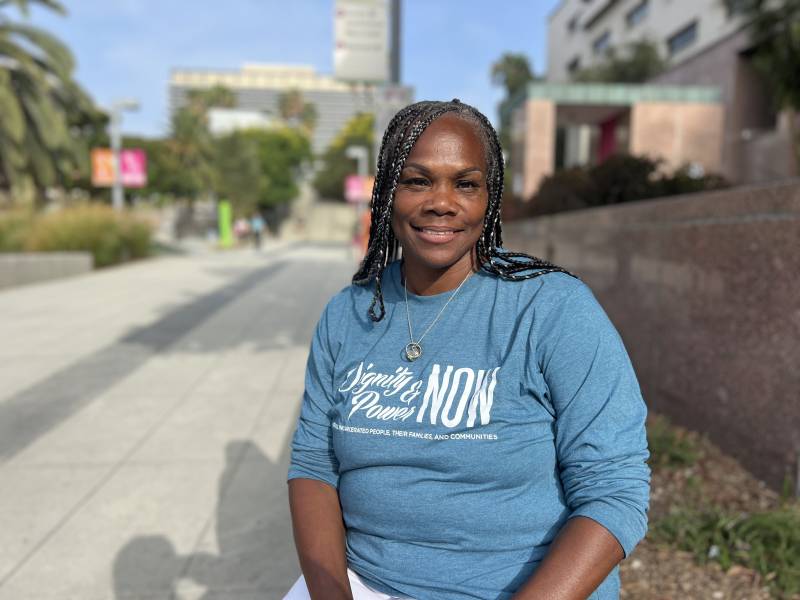Here are the morning’s top stories on Monday, September 30, 2024…
- One of the highest profile measures on California’s November ballot is Proposition 36. If passed, it would roll back criminal justice reforms approved by voters ten years ago to reduce incarceration rates and increase punishments for certain drug and theft crimes like carjacking, burglary and shoplifting. Supporters say Prop 36 needs to pass because of increases in some property crimes and growing public anxiety over retail theft. But what does a person who once committed those kinds of offenses think about the measure?
- Nearly 90% of young infants who had to be hospitalized for COVID had mothers who didn’t get the vaccine while they were pregnant, according to new data from the CDC.
- A new poll finds a majority of California voters support two bond measures on the November ballot.
- Governor Gavin Newsom has until the end of Monday to either sign into law or veto bills that were passed by the state legislature before September 1.
Proposition 36 Sparks Concerns From Former Offender
Should California roll back past reforms and make it easier to charge people with felony crimes and send them to jail or prison if they repeatedly shoplift, or possess some drugs, including fentanyl and methamphetamine?
Proposition 36 would roll back parts of a 2014 ballot measure (Proposition 47) which reclassified certain petty theft and drug possession crimes as misdemeanors instead of felonies. Proposition 36 would allow prosecutors to charge someone with a felony if they steal anything and have been convicted of theft twice before. It also lets prosecutors seek felony charges against people possessing drugs, including fentanyl, heroin and cocaine — although they could also be given the choice to enter drug treatment.
Supporters say Prop 36 needs to pass because of increases in some property crimes and growing public anxiety over retail theft. But Robyn Williams, an LA resident, disagrees. Williams struggled for decades with addiction and homelessness and in 2020, was facing years in prison after being arrested for retail theft. But instead, she got a chance to travel a different path. “I was given the opportunity to go to a program versus being incarcerated,” she said. “In the beginning and at the sentencing, they were offering me 25 years to life. And instead, I was afforded to go into a program. And in that program, it changed my life and made me the woman that I am today.
Williams argues that mass incarceration is not the answer. “Putting people in jail, adding more bars to jails is not going to help eliminate the problem,” she said.
Getting The COVID Vaccine During Pregnancy Protects Newborns From Hospitalization
Nearly 90% of babies who had to be hospitalized for COVID-19 had mothers who didn’t get the vaccine during pregnancy, according to new data from the Centers for Disease Control and Prevention.
